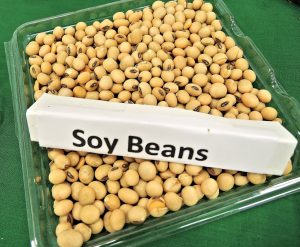 No healthy male wants to be feminized against his will.
No healthy male wants to be feminized against his will.
And there are memes on social media and even a few articles in the popular press that suggest that that’s precisely what will happen to men who consume a significant amount of soy in their diets.
But is it true? Let’s find out.
Soy is often a go-to food for those who switch to a healthy plant-based diet but also want to ensure they get enough protein.
And indeed, soy products are rich in high-quality proteins, and furthermore, those “going through withdrawal” from an animal-based diet often like the many modern products that emulate meat patties which contain significant amounts of soy and also the soy milk that gets high nutritional ratings while tasting good and even looking and tasting a lot like cow’s milk.
Isoflavones are the “Plant Estrogens” Found in Soy Products
But the problem isn’t in those qualities, people hear – it’s in compounds called isoflavones, a kind of “plant estrogen” that is abundant in soy. Chemically isoflavones behave like a weak type of human estrogen. Sounds terrible for masculine qualities, right? No wonder “soy boy” has become a word and social media meme – meaning an emasculated male.
Once in your bloodstream, Isoflavones can bind to estrogen receptors because of the chemical similarity. But the effect on your body is very much a mixed bag: Yes, isoflavones have mild estrogenic properties, as one would expect from their molecular structure.
But they also have anti-estrogenic properties because they prevent some receptors from binding to the far more potent human estrogen. (And, yes, all males have a certain amount of estrogen in their bodies, though relatively little compared to women. Just like all women have a relatively small amount of the male hormone testosterone in their bodies.)
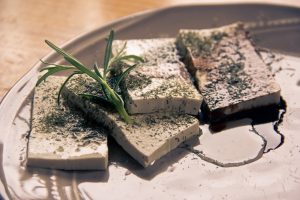 Soy’s isoflavones will likely have a very small effect on the men who consume reasonable amounts of it. That effect will vary from individual to individual, however.
Soy’s isoflavones will likely have a very small effect on the men who consume reasonable amounts of it. That effect will vary from individual to individual, however.
Harmful Effects of Soy on Men are Sensationalized in Media
There have been some lurid headlines about animal studies showing the feminizing effects of soy consumption on male mice. But what the sensationalized articles seldom mention is that mice metabolize soy very differently from humans. And we have lots of studies using human subjects, the results of which should be far more relevant.
Recently a meta-analysis of 35 separate studies of the effects of human consumption of soy came to the conclusion that soy foods do not lower testosterone or cause any other feminizing effects in men. Clinical studies showed that consuming soy-based foods had no significant effects on sperm or semen, either. Logically, this makes sense, too: Look at the history of the world. What human group is the most sexually successful? What human group has produced the most offspring during the last several centuries?
Obviously, it is the Asians, with the world’s highest population by far. And what human group has been known, both historically and in modern times, as consumers of high amounts of soy and lower amounts of animal products, compared to other human groups?
You got it: the Asians. It appears that soy hasn’t feminized Asian males at all. Disagree? Tell it to Bruce Lee.
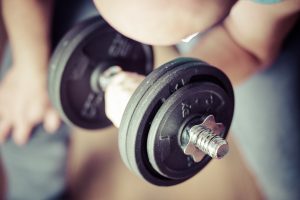 Another study showed that athletes – weightlifters, specifically – using soy protein supplementation gained as much muscle mass and strength while undergoing resistance training as the men who took whey, dairy, or animal-based protein supplements.
Another study showed that athletes – weightlifters, specifically – using soy protein supplementation gained as much muscle mass and strength while undergoing resistance training as the men who took whey, dairy, or animal-based protein supplements.
Feminizing Effects More Due to a Poor, Imbalanced Diet Overall
How much soy would you consume before any adverse side effects would be known? There have been two case reports that should put our worries to rest. One described a 60-year-old man who consumed three quarts of soy milk daily.
That’s twelve servings. Another featured a 19-year-old vegan man who consumed between 12 and 20 servings of soy-based food daily. Compared to most people, even those with soy-heavy diets like the average, say, Japanese – these two individuals were getting around nine times more isoflavones.
They did observe some feminizing effects, but the doctors citing the reports emphasized that anyone consuming that much soy is, by definition, eating a very imbalanced and poor diet.
All the human studies conducted so far show that even relatively heavy soy intake causes zero feminizing effects on males – and also stress the fact that four servings a day should be your limit anyway since more than that doesn’t leave enough room for other healthy foods like fruits, vegetables, starches and other complex carbohydrates, or foods rich in fiber or trace nutrients.
Soy is excellent, but you need those too! Protein isn’t everything.
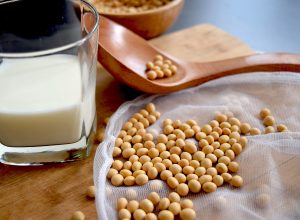 The vast majority of people, even those who absolutely love soy burgers and soy milk, will not consistently consume three-quarters of a gallon of soy milk every day, nor will they eat 15 or 20 soy burgers every day for months on end. That’s extreme and ridiculous.
The vast majority of people, even those who absolutely love soy burgers and soy milk, will not consistently consume three-quarters of a gallon of soy milk every day, nor will they eat 15 or 20 soy burgers every day for months on end. That’s extreme and ridiculous.
So the lurid headlines needn’t worry if you have any kind of moderation in your dietary choices.
You can relax and enjoy the excellent benefits of soy protein to build your strength, muscles, and health and be as masculine as ever.
That’s not to say that some men don’t have symptoms of low testosterone, weakness, sexual dysfunction, or feminizing effects like gynecomastia (breast size increase in men).
They do. But the cause is very unlikely to be soy consumption. If you are suffering from these symptoms, it’s far wiser to have the tests done at one of our clinics to determine if the real cause is a hormone deficiency or some other cause instead of engaging in guesswork based on clickbait links or sensationalistic articles in the popular press.

- Our Most Popular Diet Injection Programs (Call for Inquiry) [Last Updated On: December 28th, 2024] [Originally Added On: September 8th, 2020]
- How to Use Fasting to Boost Human Growth Hormone Levels [Last Updated On: January 26th, 2025] [Originally Added On: January 12th, 2021]
- DASH Diet Overview and Review [Last Updated On: January 26th, 2025] [Originally Added On: January 21st, 2021]
- Magnesium Supplementation for a Healthier You [Last Updated On: January 24th, 2025] [Originally Added On: January 25th, 2021]
- The Benefits of Intermittent Fasting: Lose Weight, Boost HGH, and Improve Glucose Levels [Last Updated On: January 24th, 2025] [Originally Added On: February 8th, 2021]
- Confused About Intermittent Fasting? [Last Updated On: November 15th, 2024] [Originally Added On: February 19th, 2021]
- The Do's and Don'ts of Calcium Supplements – Can I Grow Taller? [Last Updated On: November 22nd, 2024] [Originally Added On: March 6th, 2021]
- Benefits of Adding More Citrus Fruits to Your Diet [Last Updated On: November 8th, 2024] [Originally Added On: April 4th, 2021]
- The Benefits of Vitamin B12 -- Boost Metabolism and Energy with Vitamin B12 [Last Updated On: February 10th, 2025] [Originally Added On: May 11th, 2021]
- Romaine Lettuce: Guinea Pigs Like It -- Why Not You? [Last Updated On: November 9th, 2024] [Originally Added On: June 12th, 2021]
- How to Lose Weight on a Plant-Based Diet and Keep the Weight OFF! [Last Updated On: November 16th, 2024] [Originally Added On: July 6th, 2021]
- Frozen Foods are Underrated: The Healthiest and Most Affordable Frozen Foods [Last Updated On: November 10th, 2024] [Originally Added On: July 18th, 2021]
- Avoid These Foods That Reduce Testosterone [Last Updated On: October 12th, 2024] [Originally Added On: June 28th, 2022]
- Six Vitamins to Focus On if You Want Thicker, Youthful-Looking Hair [Last Updated On: February 16th, 2025] [Originally Added On: November 22nd, 2022]
- What You Need To Know About Intermittent Fasting [Last Updated On: October 29th, 2024] [Originally Added On: December 22nd, 2022]

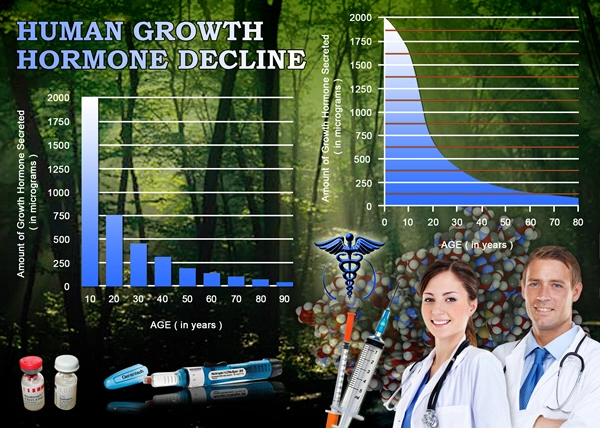
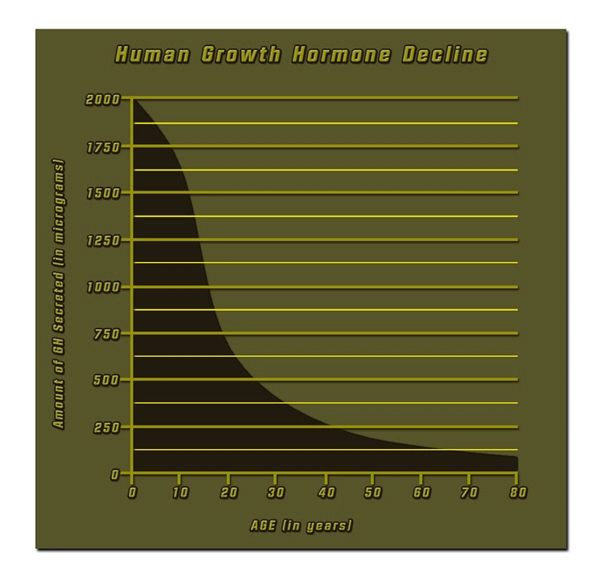
List of USA state clinics - click a flag below for blood testing clinics.
Word Count: 956



















































